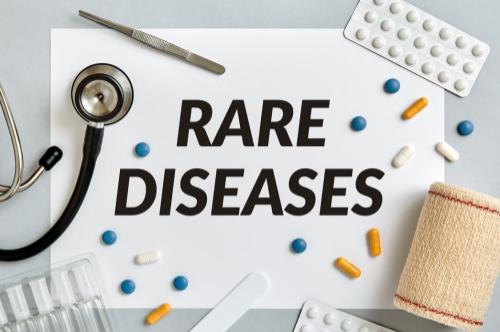
StudyFinder
MT2019-01: Adrenoleukodystrophy National Registry Study (ALD) and Biobank

Status: Recruiting
The purpose of this research to enhance our understanding of adrenoleukodystrophy ALD and study biospecimens such assaliva, blood, urine and stool to identify potential biomarkers for early identification of dise. We invite people who have or are at risk to have ALD, including females who are known or at risk carriers of the mutation for ALD, to help us learn more.
Sex: Male or Female
Age Group: Not specified
Inclusion Criteria:
• age 0 to 100
• patient or family member diagnosed with ALD (confirmed by positive VLCFA testing and/or genetic mutation
• patient or family member with known or presumed mutation with ALD based on pedigree or confirmed mutation in ABCD1 gene
• living in the United States and territories
Exclusion Criteria:
• have undergone BMT or other cellular therapy
• not fluent in English who are unable to consent in-person
• people who are unable to read or write
Conditions:
Rare Diseases
Keywords:
Adrenoleukodystrophy, ALD, Cerebral Adrenoleukodystrophy
Study Contact: Rachael Eye - eye00002@umn.edu
Principal Investigator: Ashish Gupta
IRB Number: STUDY00003605
See this study on ClinicalTrials.gov